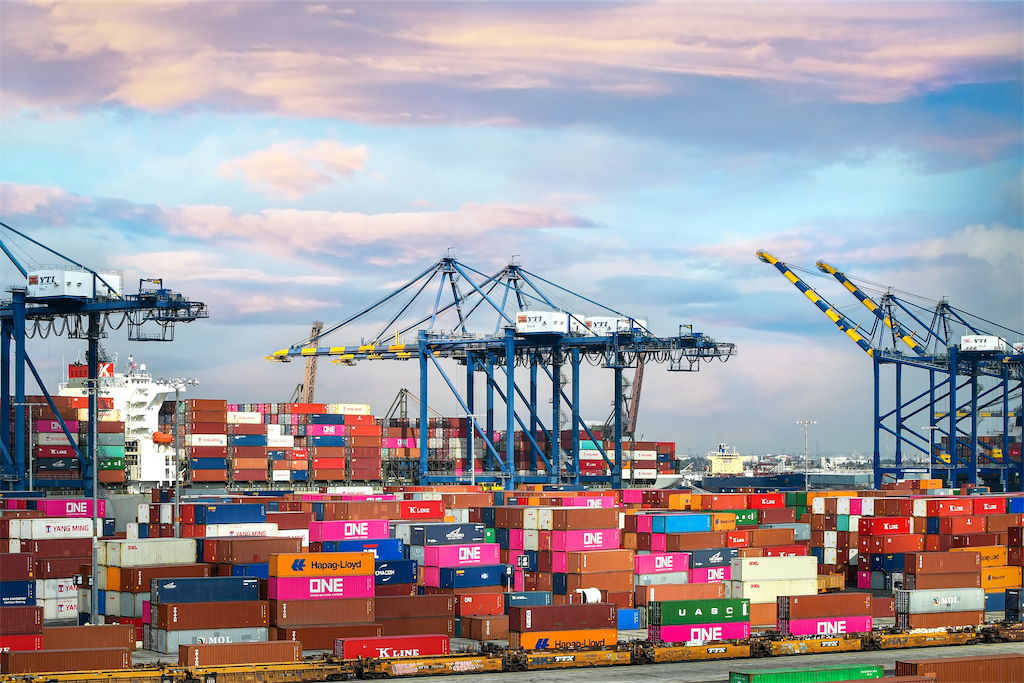To stay competitive, European cement firms need to change
27TH November 2020

To stay competitive, European cement firms need to change
Xavier Thérin is an advisor in the cement industry for Xperts Council.
He has held the positions of VP at LafargeHolcim and director of industrial and commercial performance at HeidelbergCement EMEA.
In this article, he gives us his insights on how the coronavirus crisis is challenging the cement industry, and the changes that need to be implemented by European firms to stay competitive.
“The current economic downturn has only further exaggerated the cement industry’s underlying issues”
Currently, cement companies are encountering an ever-challenging business environment due to growing environmental constraints, increased requirements for recycling content in concrete and environmental restrictions relative to quarrying activities.
On top of this, surplus global cement capacity is encouraging the import of clinker to a network of coastal grinding operations in Europe.
The current economic downturn due to COVID-19, although extreme, has only further exaggerated the cement industry’s underlying issues. Numerous large regional low-cost cement producers have developed in the emerging markets.
Regional low-cost cement producers can represent a threat to the european manufacturers
These regional low-cost cement producers view the mature markets, notably European ones with their high cement sale prices, as an opportunity for their excess capacity. Less constrained, they are a threat to the local European producers, placing pressure on them to “squeeze” production costs even further and review their installed capacity.
Some major established European producers have plants in these low-cost regions.
They are then tempted to export from these plants into mature markets placing them in a very controversial position relative to their employees and governmental authorities.
The European & North American markets are made up of well-established producers which have consolidated over the years.
However, elsewhere there are some significant regional players who will the established producers and will cause the industry to become more efficient, whilst reducing its environmental impact.


